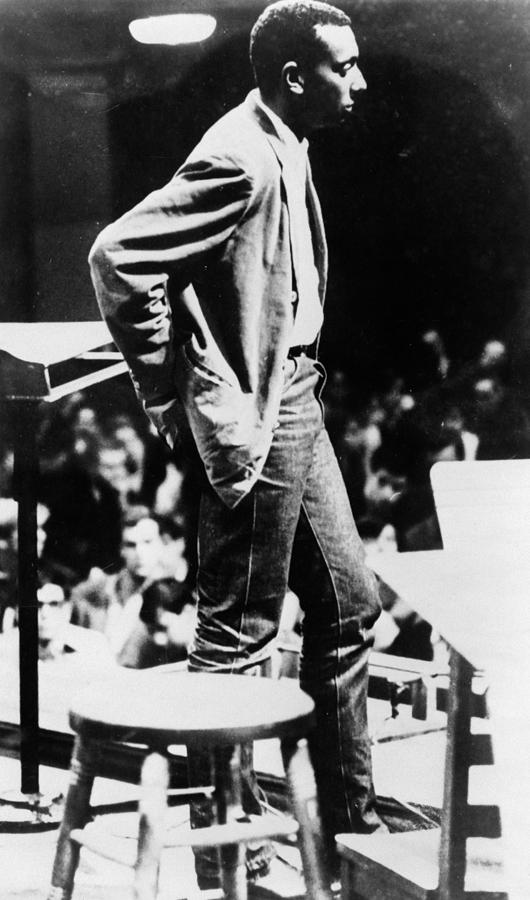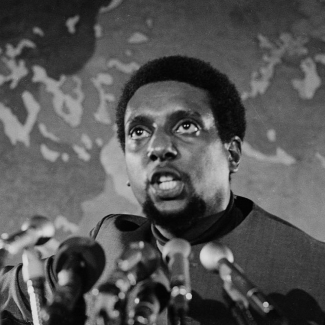
Historian Clayborne Carson says Carmichael quickly demonstrated his skill as a civil rights organizer, combining "an astute political awareness with an ability to communicate with less-educated people on their own terms." 1 Carmichael was named chairman of SNCC in 1966.


He marked his 20th birthday in Mississippi's notorious Parchman Penitentiary.Īfter graduating from Howard in 1964, Carmichael became a full-time organizer for SNCC in Mississippi. Carmichael was repeatedly arrested in the Freedom Rides. Carmichael signed on to the Freedom Rides, where black and white activists travelled together on bus trips through the South to challenge segregated public transportation. He attended Howard University in Washington, D.C., and got involved in civil rights activities his freshman year. Carmichael was a bright student, attending a selective public high school. His family moved to New York when he was a boy, settling in a relatively prosperous section of the Bronx. He wasn't the first civil rights figure to proclaim the need for black power, but Carmichael became one of the most prominent exponents of the term.Ĭarmichael was born in Trinidad in 1941. In time, Carmichael grew disillusioned about the prospects for social change through nonviolent protest, interracial alliances and civil rights legislation. In the process he was beaten by white racists and frequently jailed. Stokely Carmichael was the controversial and charismatic young civil rights leader who, in 1966, popularized the phrase "black power." Carmichael was a leading force in the Student Nonviolent Coordinating Committee (SNCC), working in the Deep South to organize African American voters.



 0 kommentar(er)
0 kommentar(er)
